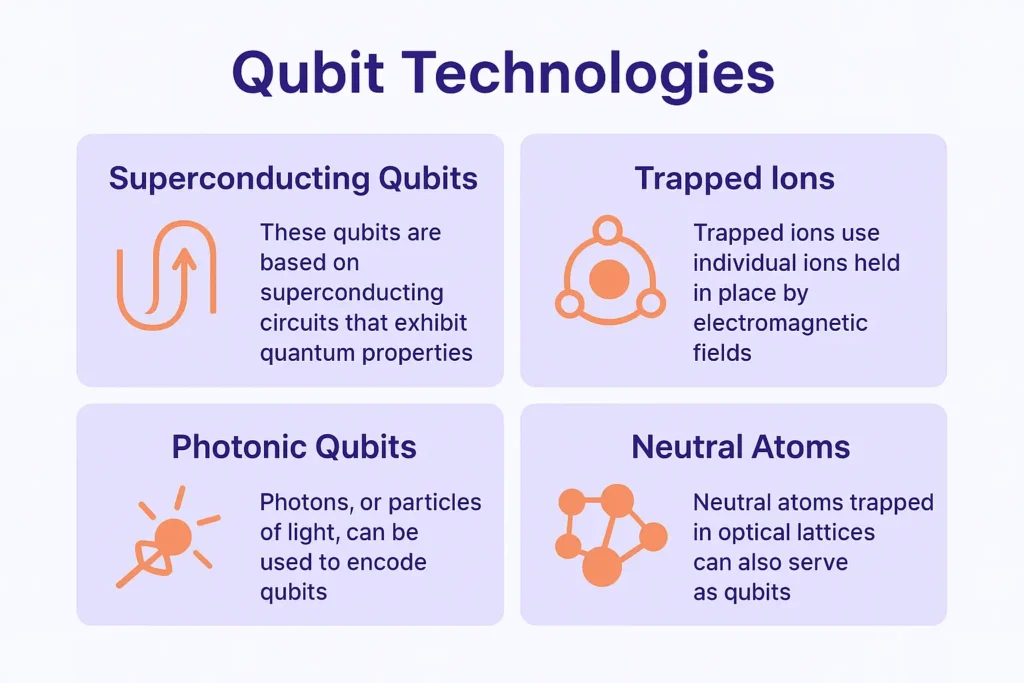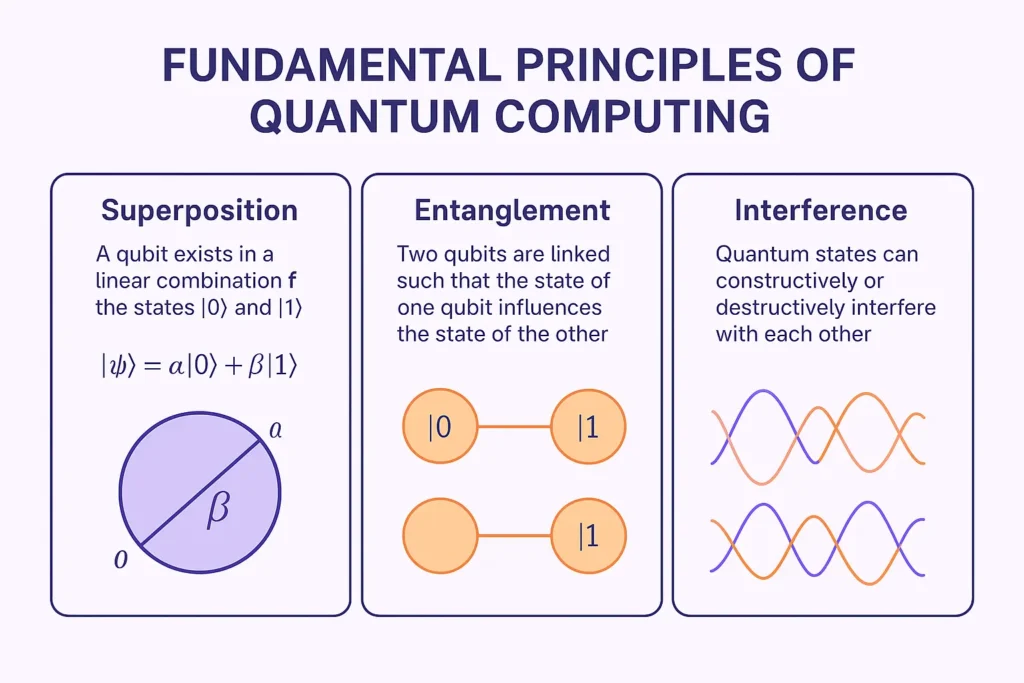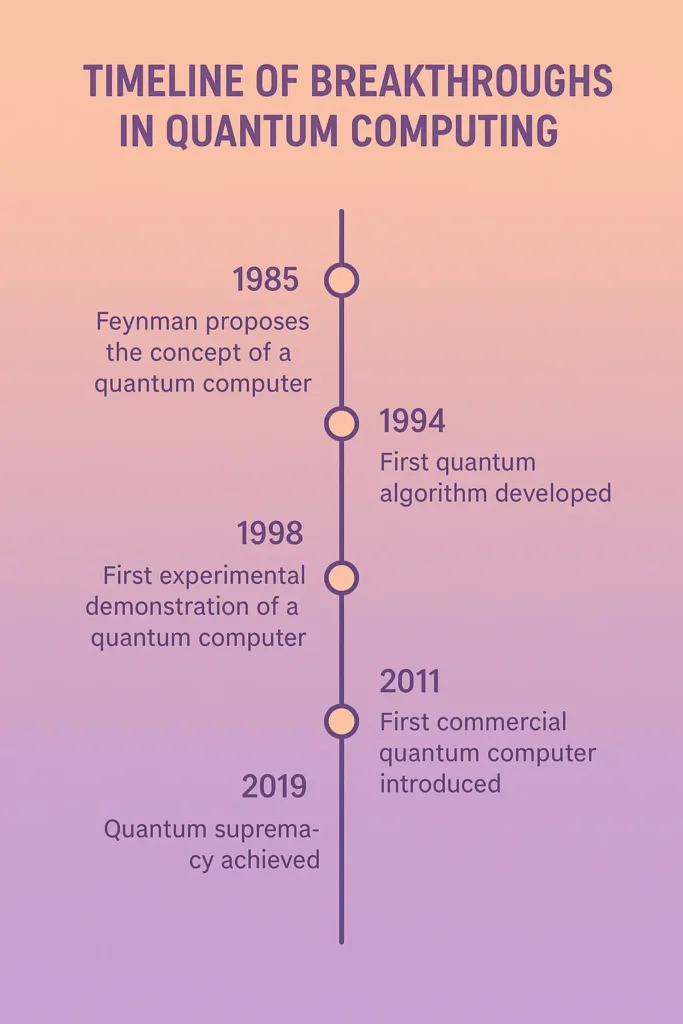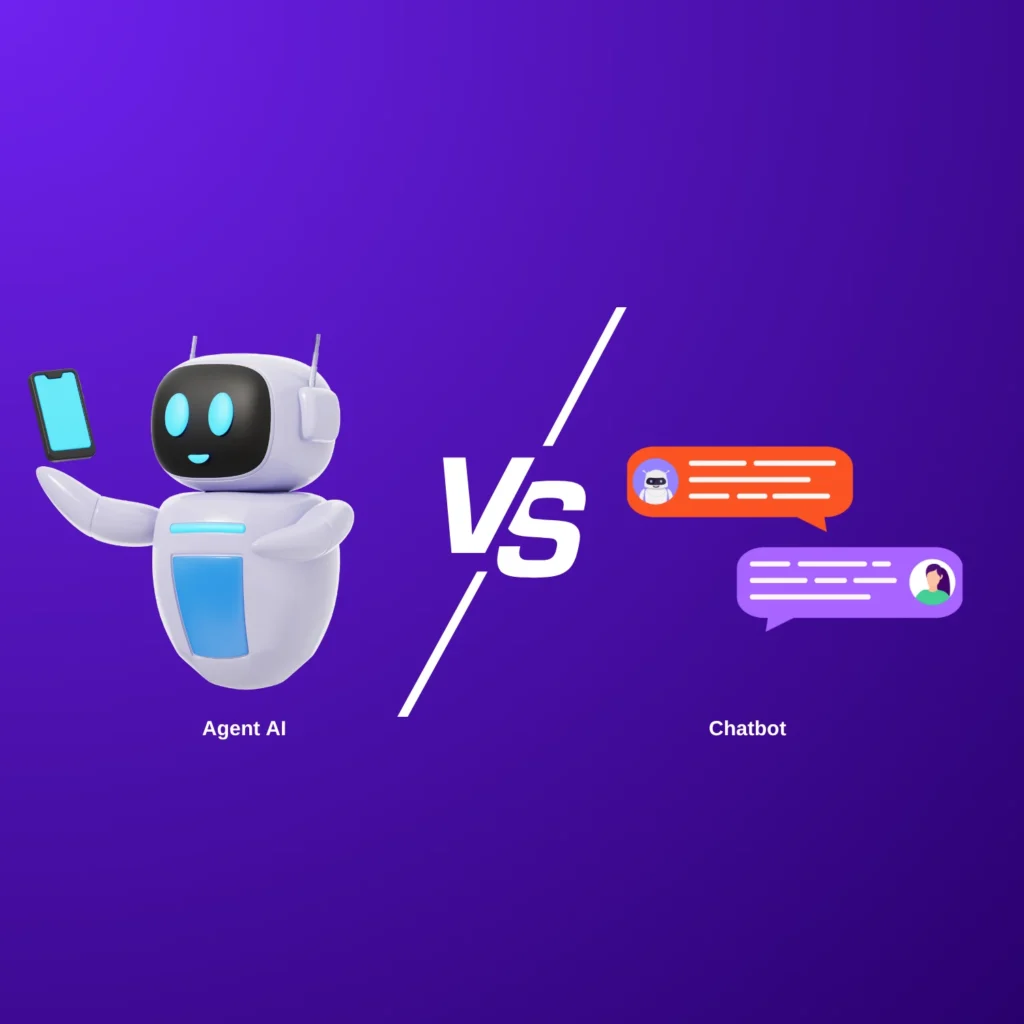“Quantum computers could perform calculations in seconds that would take today’s supercomputers thousands of years.”
This isn’t science fiction. For decades, quantum computing was a distant dream, confined to theoretical physics and niche research labs. But now, it’s on the brink of transforming industries, economies, and our daily lives.
Why is 2025 a tipping point? Major tech giants like Google, IBM, Microsoft, and emerging startups are achieving significant breakthroughs. Quantum computing is moving from the lab to real-world applications, signaling a new era in technology.
In this article, we’ll explore the fundamentals of quantum computing, recent advancements, its potential impact across various sectors, challenges ahead, and what the future holds.
What is Quantum Computing?
At its core, quantum computing leverages the principles of quantum mechanics to process information in fundamentally different ways than classical computers.
Key Concepts:
- Qubits: Unlike classical bits that represent either 0 or 1, qubits can exist in multiple states simultaneously due to superposition. This allows quantum computers to process a vast amount of information at once.

- Superposition: A qubit’s ability to be in a combination of both 0 and 1 states at the same time. This enables quantum computers to perform many calculations in parallel.
- Entanglement: A phenomenon where qubits become interconnected, such that the state of one instantly influences the state of another, regardless of distance. This property is crucial for quantum communication and computation.

Classical vs. Quantum Computing:
| Aspect | Classical Computing | Quantum Computing |
| Data Unit | Bit (0 or 1) | Qubit (0, 1, or both) |
| Processing Power | Linear | Exponential |
| Speed | Limited by hardware | Potentially unlimited |
| Error Rates | Relatively low | High; requires error correction |
| Applications | Everyday tasks | Complex simulations, optimization |
The exponential speed-up offered by quantum computing could revolutionize fields that require immense computational power, such as cryptography, material science, and complex system simulations.
Why Quantum Computing is Closer Than Ever

Recent Breakthroughs:
- IBM’s Condor Chip: IBM unveiled its 1,000+ qubit Condor chip, marking a significant milestone in quantum hardware development.
- Google’s Quantum Supremacy: Google claimed quantum supremacy by demonstrating that its quantum processor could solve a problem in 200 seconds that would take the world’s most powerful supercomputer 10,000 years.
- Microsoft’s Azure Quantum: Microsoft’s cloud-based quantum computing platform, Azure Quantum, allows developers to build and run quantum algorithms on various quantum hardware.
Commercialization Shift:
Quantum computing is transitioning from theoretical research to practical applications. Companies are investing heavily in developing quantum solutions for real-world problems.
- Funding Surge: In 2024, global investment in quantum computing exceeded $1.3 billion, with projections to reach $6 billion by 2030.
- Cloud Integration: Major cloud providers are integrating quantum computing services, making the technology accessible to a broader range of developers and businesses.
Market Growth:
The quantum computing market is experiencing rapid growth:
- 2025 Market Size: Estimated at $3.52 billion.
- 2030 Projection: Expected to reach $20.20 billion, growing at a CAGR of 41.8% from 2025 to 2030.
This growth is driven by advancements in hardware, increased cloud accessibility, and rising investments from both private and public sectors.
Industries Quantum Computing Technology Will Transform
Healthcare & Drug Discovery
Quantum computers can simulate complex molecular structures, accelerating drug discovery and personalized medicine.
- Protein Folding: Quantum algorithms can model protein folding processes, aiding in understanding diseases and developing treatments.
- Molecule Simulation: Quantum simulations can predict the behavior of molecules, leading to the discovery of new drugs with higher efficacy.
Finance & Risk Management
Quantum computing offers solutions to complex financial problems that are currently intractable for classical computers.
- Portfolio Optimization: Quantum algorithms can analyze vast amounts of financial data to optimize investment portfolios.
- Fraud Detection: Quantum computing can enhance the detection of fraudulent activities by analyzing patterns in large datasets.
- Risk Simulations: Quantum computers can simulate financial markets with trillions of variables, providing more accurate risk assessments.
Artificial Intelligence & Machine Learning
Quantum computing can enhance AI and machine learning by processing large datasets more efficiently.
- Quantum-Enhanced AI Training: Quantum algorithms can speed up the training of AI models, leading to more accurate predictions.
- Optimization Problems: Quantum AI can solve complex optimization problems faster, improving machine learning algorithms.
Climate & Sustainability
Quantum computing can model complex environmental systems, aiding in climate change mitigation and renewable energy optimization.
- Climate Modeling: Quantum simulations can predict climate changes with higher accuracy, informing policy decisions.
- Renewable Energy Optimization: Quantum algorithms can optimize energy grids, improving the efficiency of renewable energy sources.
Cybersecurity & Encryption
Quantum computing poses both challenges and opportunities for cybersecurity.
- Post-Quantum Cryptography: Quantum-resistant algorithms are being developed to secure data against potential quantum attacks.
- Quantum Threat to RSA Encryption: Quantum computers could potentially break current encryption methods, necessitating the development of new security protocols.
Challenges on the Road Ahead
Despite significant advancements, several challenges in quantum computing remain:
- Technical Challenges: Issues like error correction, decoherence, and scaling stable qubits need to be addressed to build practical quantum computers.
- Cost & Infrastructure: Quantum computers require specialized environments, including ultra-low temperatures, which are costly to maintain.
- Talent Gap: There’s a shortage of skilled professionals in quantum computing, hindering progress in the field.
- Ethical Risks: The potential misuse of quantum computing in areas like surveillance and warfare raises ethical concerns.
Global Players Driving Quantum Computing Forward
Tech Giants:
- IBM: A leader in quantum computing, IBM offers quantum hardware and software solutions through its IBM Quantum platform.
- Google: Known for achieving quantum supremacy, Google continues to push the boundaries of quantum research.
- Microsoft: Through Azure Quantum, Microsoft provides cloud-based quantum computing services to developers.
Startups:
- IonQ: Specializes in trapped-ion quantum computing and has made significant strides in commercialization.
- Quantinuum: A Honeywell-backed company that recently achieved a quantum volume of 33.5 million.
- Rigetti Computing: Focuses on developing quantum integrated circuits and offers cloud-based quantum computing services.
Governments:
- U.S. National Quantum Initiative: Aims to accelerate quantum research and development in the United States.
- China’s Quantum Race: China is investing heavily in quantum technologies, aiming to become a global leader in the field.
- EU Quantum Flagship: A European Union initiative to support quantum research and innovation.
Collaboration:
Academic institutions and industry consortia are collaborating to advance quantum technologies, sharing knowledge and resources to overcome challenges.
When Will Quantum Computing Technology Go Mainstream?
Short Term (2025–2027):
- Hybrid Solutions: Integration of classical and quantum computing to solve specific problems.
- Cloud Accessibility: Increased availability of quantum computing services through cloud platforms.
Medium Term (2028–2030):
- Industry-Specific Applications: Deployment of quantum solutions in sectors like finance, healthcare, and logistics.
- Commercial Products: Introduction of quantum-enhanced products and services to the market.
Long Term (2030+):
- General-Purpose Quantum Computers: Development of scalable, fault-tolerant quantum computers capable of solving a wide range of problems.
- Quantum Internet: Establishment of a secure quantum communication network.
Future Of Quantum Computing
- Gartner: Predicts that by 2030, 40% of large enterprises will explore quantum computing.
- McKinsey: Identifies the talent shortage as the biggest bottleneck in quantum computing adoption.
- John Preskill (Caltech): Believes that quantum computing will revolutionize fields like chemistry and materials science.
- IBM Researchers: Emphasize the importance of error correction and scalability in building practical quantum computers.
Conclusion
Quantum computing is no longer a distant possibility—it’s becoming a reality. The advancements in quantum technologies are setting the stage for transformative changes across various industries.
For businesses and professionals, staying informed and prepared is crucial. Embrace hybrid computing solutions, invest in quantum education and training, and engage with the growing quantum ecosystem.
The quantum revolution is here. Are you ready to be a part of it?
FAQs
1. What is quantum computing?
Quantum computing is a type of computing that uses qubits instead of classical bits, leveraging superposition and entanglement to process complex calculations exponentially faster than traditional computers.
2. How will quantum computing change AI?
Quantum computing technology accelerates AI and machine learning by:
- Speeding up training of AI models
- Optimizing complex computations in real time
- Enabling solutions for problems that classical AI struggles with
3. Is quantum computing technology a threat to cybersecurity?
Yes, traditional encryption methods like RSA could be vulnerable. Quantum computing drives the need for post-quantum cryptography, ensuring secure communication in a quantum-enabled world.
4. Who are the global leaders in quantum computing?
- Tech Giants: IBM, Google, Microsoft, Amazon
- Startups: IonQ, Rigetti, PsiQuantum, Quantinuum
- Governments: U.S. National Quantum Initiative, China’s Quantum Race, EU Quantum Flagship
- Collaborations: Academia + industry consortia worldwide
5. How can businesses prepare for quantum computing technology?
Businesses should:
- Explore quantum readiness programs and training
- Invest in hybrid quantum-classical solutions
- Collaborate with quantum startups or cloud providers
- Stay informed on quantum cybersecurity and post-quantum encryption



